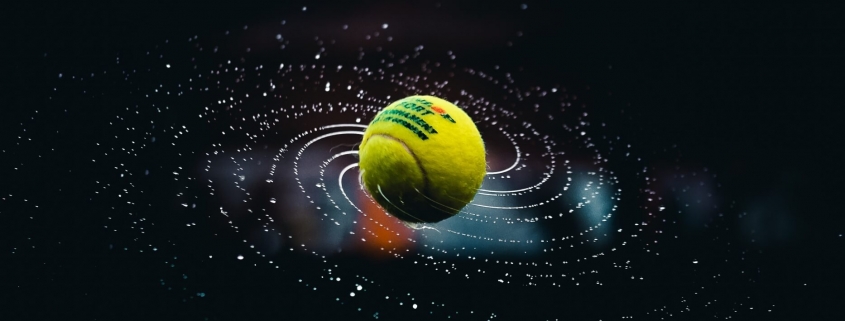If you’re a Boston Celtics fan who can’t score tickets and don’t get enough of your favorite players on television, you’re in luck: social media is here to help. The Boston Celtics is using social media in an effort to increase team loyalty and revenues. Encouraging people to go to its website, the Celtics set up applications to hear interviews with players, see videos, read articles and view real time scores.
The Celtics is also capitalizing on the popularity of social media websites and proving that fans who can’t buy tickets are still important. Fans can go to YouTube to see exclusive locker room footage and to Facebook to play an interactive stats prediction game called 3-Point Play. Thanks to Twitter, fans can follow seven Boston Celtics players. Want to know Ray Allen’s favorite gum? Fans following his Twitter handle, greenRAYn20, know he chews Big Red during the games.
Boston University advertising professor Chris Cakebread said in a Boston Globe article that it is smart for the Celtics to use social media as a marketing tool:
“The Celtics have a very affluent, techno-savvy fan base. They would be crazy not to do this as it reinforces their hipness as a sports franchise to their older fans…And this clearly helps reach their younger fans, who, the Celtics hope, will one day be wealthy and can afford to become season ticket-holders.’’
The Celtics may be eager to be the basketball team with the largest social media presence, but the NBA wants to be social media’s leading sports league. The NBA is embracing social media tools, a tactic that other leagues are not pursuing. The US Open banned twittering from the tennis courts, and the NFL has a social media policy that prohibits tweeting 90 minutes before and after games. Luckily for Celtics fans, Ray Allen can tweet all he wants about gum.
Rather than restricting social media, the NBA is expanding its presence on social media websites. During the Celtics-Lakers Finals the NBA is testing out ways to use social media as a PR and marketing tool, such as creating a Facebook version of its online NBA Store and using SayNow to allow players to send voice messages to fans. Instead of banning twitter, the NBA is hosting TweetUps—a gathering of Twitter users—featuring previous NBA players. By increasing its use of social media the NBA gets more publicity and the fans get more interaction with players. In this social media game, everyone wins.
This post was first published by Rachel Leamon on March Communications’ blog, PR Nonsense, and may be viewed here.


